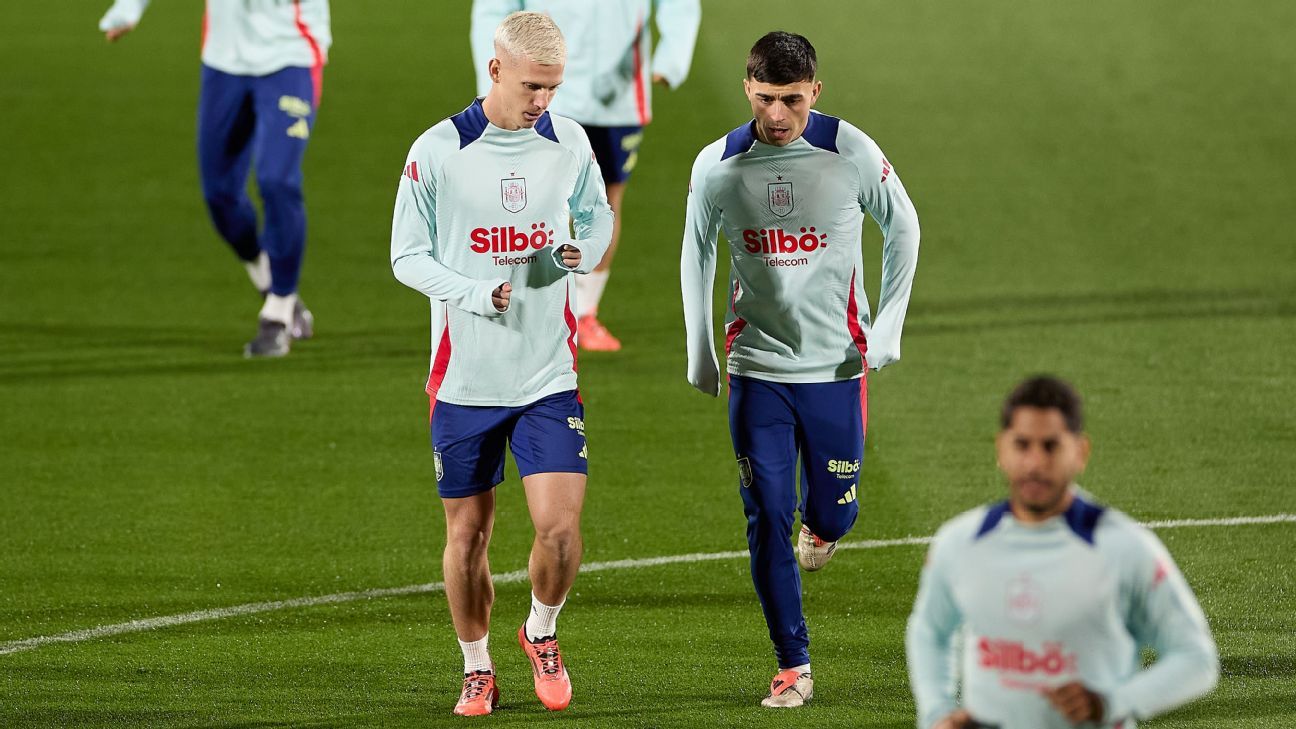Gabriel Tan
Feb 3, 2024, 03:30 PM
Boasting players plying their trade all over Europe's top leagues including in England, Italy and Netherlands, there was never any doubt over the talent in the Iran ranks.
Then again, the same can be said about the team they were up against in Saturday's massive quarterfinal clash at the 2023 AFC Asian Cup.
Instead, it was sheer desire -- in the face of adversity too -- that saw Iran come from behind to claim a 2-1 win over Japan and book their place in the semifinals, keeping alive their hopes of a first title since 1976.
An already-difficult task against a team many considered as title favourites was made even more difficult without suspended star striker Mehdi Taremi, with Iran having also previously lost the services of defenders Sadegh Moharrami and Majid Hosseini through injury.
Based on what eventuated over the 90 or so minutes at Education City Stadium on Saturday, it is Iran who are looking like they could just go all the way.
Even when they fell behind to Hidemasa Morita's determined-but-slightly fortuitous opener in the 28th minute, Team Melli had already shown enough of bite and endeavour in the early exchanges to suggest they would not be disheartened in spite of conceding first.
That being said, a lesser team might have had heads falling after Morita rode a couple of challenges and benefitted from some lucky bounces as the ball continue to roll in his stride, before a fairly tame effort ricocheted off the outstretched boot of Alireza Beiranvand and looped into the back of the net -- with the Iran goalkeeper likely to feel he could have done better to make a save.
Perhaps it is understandable that Japan would then sit back a little deeper given they now had the advantage, but it is never wise to give a team like Iran even more encouragement to press on.
The final statistics would show that Japan had 58% of the ball but what their opponents did with their 42% of possession was far more meaningful.
They prodded with intent, playing purposeful passes into space in behind the Japan backline with Sardar Azmoun offering an excellent outlet, despite toiling up front on his own in the absence of Taremi.
It was Azmoun, with a strong piece of hold-up play and then a visionary pass that sent Mohammad Mohebi through to fire home the equaliser ten minutes after the restart.
From then on, it always looked like there would be a likelier winner -- and they were not the team in blue that many were expecting.
Just eight minutes after pulling level, Iran would score again via a brilliant solo effort from Azmoun only for the strike to be chalked off for the slimmest of offside calls.
Still, Iran were coming.
They showed impetus and hunger while Japan looked bereft of ideas.
Having made a catalogue of errors that had led to opposition goals in every game so far, Samurai Blue goalkeeper Zion Suzuki was now emerging as a potential hero as he produced a string of saves to keep the oncoming tide of Iranian attacks at bay.
Yet, just when Suzuki had finally come go, others would contrive to derail Japan's Asian Cup challenge.
With the game past the 90-minute mark, it was Iran who were still looking to find a winner rather than settle for extra-time.
A hopeful delivery lifted into the area looked to be offering no significant threat until Ko Itakura and Takehiro Tomiyasu, who both did not cover themselves in glory throughout the contest, somehow got into an amateurish mix-up -- allowing the ball to bounce in a dangerous area.
Epitomising the endeavour that Team Melli had shown, centre-back Hossein Kanaanizadegan charged towards the loose ball and, while he might not have produced anything of real danger to Suzuki's goal, the panic caused by his sheer intent saw Itakura recklessly hack him down to concede a penalty.
As the clock ticked into the 96th minute, Alireza Jahanbakhsh - captaining the side for the day with Ehsan Hajsafi on the bench - would keep his cool to send an unstoppable effort into the top corner.
When the final whistle blew not long after, there was an outpouring of emotion culminating in tears for some.
But perhaps curiously, they were not coming from the Samurai Blue camp, who instead simply looked dazed and in disbelief.
The tears were those of joy and relief -- from Kanaanizadegan, who simply sat and wept openly, to Jahanbakhsh, who had his head buried in the turf for many moments seemingly in prayer.
There was never any doubt that Iran had the talent to beat Japan, and it was this quality that meant the win was almost certain from the moment a player of Jahanbakhsh's ilk stepped up to take the decisive penalty.
Instead, it was the heart they had shown on the day that proved the difference for Iran -- and it was apt that it was them who showed the greater emotion at final whistle, knowing their efforts had not gone to waste.
 (1).png)
 11 months ago
15
11 months ago
15














